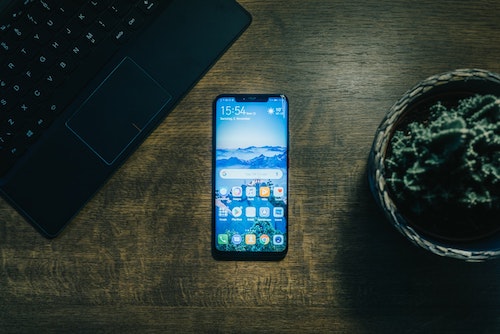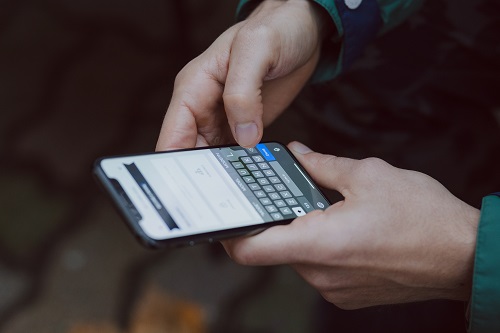It’s 2020. The year of technology. It’s also the year of hackers and new cybersecurity risks. Up until recent years, your computer was the primary device you had to protect from hacking. In this day and age, your smartphone is becoming more and more vulnerable. In this article, you’ll learn how to secure your Android phone from hackers and other security threats.
Sure, Android phones are arguably the most secure. At least, according to most experts. But they’re hardly invulnerable. Regardless of the brand or operating system, smartphones are under constant attack (with older versions being the most vulnerable). Fortunately, there are plenty of things you can do to make your Android phone secure from hackers.
Here are seven ways:
1. Stick with brands that release OS patches frequently
If you’re stuck with your current phone for awhile, this advice won’t do you a lot of good today. But it’s something to keep in mind for the future. There’s a reason vendors roll out security patches – that is to keep phones as consistently secure as possible. The reality is, some vendors are much better at this than others. Or, at least, they’re much more diligent about it.
Security might not be the number one factor in which phone you buy, but if it’s high up on the ladder, you can’t go wrong with a Google phone (i.e. the Google Pixel). If you’re not sold on the Pixel, here are some of the top most secure smartphone brands, rated from best to worse: LG, Motorola, Sony, HTC, OnePlus, and Samsung.
 2. Keep your phone locked at all times
2. Keep your phone locked at all times
Sure, it sounds obvious. Kind of an “old school” tactic. But the reality is, there’s still a better chance that you’ll get “hacked” by a good old fashioned pickpocket (or a restaurant thief). The safest way to keep your phone locked is using a PIN number. Sure, it’s not near as sexy as your fingerprint or voice-recognition, but it’s still the most secure.
Take note, there are ways to increase customization of how and when your phone locks (see here), but providing too much leeway for when your phone locks will, of course, make your phone less secure.
3. Implement “two-factor” authentication
A big part of securing your Android phone is to put a lock on all the Google services. What’s the best way to do this? Implement two-factor authentication. Doing so isn’t all that difficult. Below are some basic directions:
- First log into your Google account and click on the “two-step” verification settings
- From the menu, tap “Using 2-step verification” and start following the prompts
- After inputting your phone number, you’ll get a verification code via voice or text
- After you input your phone verification number, you’re good to go
4. Don’t download apps outside the Google Play store
This is a big one. The overwhelming majority of Android malware arrives from third party applications that have not been approved in the Google Play store. It’s certainly possible for questionable apps to sneak into the Play store, but it’s not too common.
Further, Google is very proactive about keeping their app store safe. For instance, Google’s “Play Protect” can automatically scan Android devices for malware while installing applications. This is a setting that can be switched on in your Security settings. The setting is called “Scan device for security threats.”
 5. Encrypt your Android smartphone
5. Encrypt your Android smartphone
Another useful setting to protect your phone from hackers is adding encryption. This doesn’t require a third party app, as Google added full-device encryption back when they introduced the Gingerbread update. On newer phones, it’s enabled out-of-the-box, but on older phones, you might have to activate it manually.
What this does is make your phone data unreadable. In essence, it displays your data in a scrambled form. As soon as you unlock your phone, all of your data will be decrypted. For most phones, you would turn the setting on under “Security” and then “Encrypt Device.”
6. Install mobile anti-virus protection software
Mobile operating systems do a pretty good job at protecting phones, much better than a regular computer. Still, it doesn’t hurt to have legitimate third-party anti-virus software. It’s true, Android has great protection, but it’s an open platform. Mobile anti-virus apps work similarly to the typical anti-virus software you would install on your computer.
These apps help prevent attack from viruses, but some also come with bonus features – like anti-theft controls. Some provide message filters that let you blacklist phone numbers. Or you can implement network or web monitoring. The list goes on and on. Here are some of the best mobile anti-virus protection apps we recommend: BitDefender Mobile Security, Avast Mobile Security, and Norton Mobile Security.
So there you have it. You now know how to secure your Android smartphone from hackers. Nothing is foolproof. You’re never 100 percent safe, and you never will be. But following these suggestions will make your phone much more secure.
